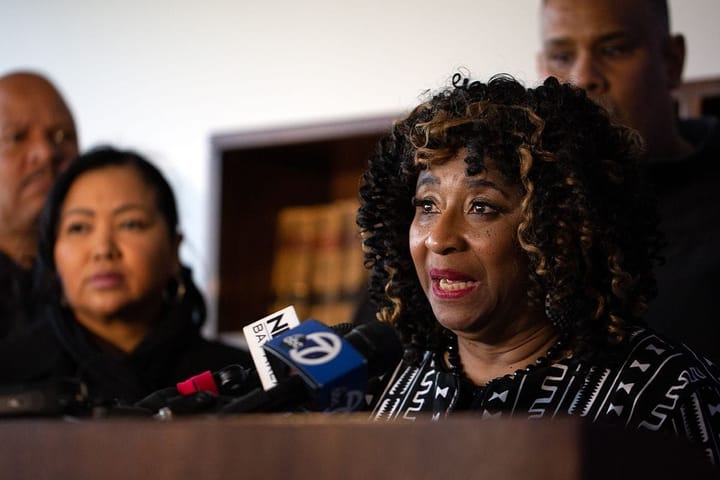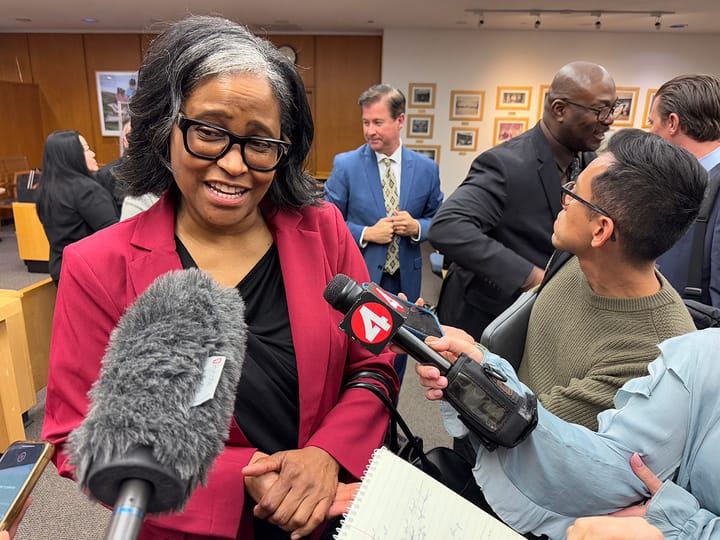Killer with 114-year sentence now poised for new plea deal
Lilron Jones — now 28 — was 17 when he murdered 15-year-old Jubrille Jordan in Oakland in 2012. Jones already had a strike at the time.
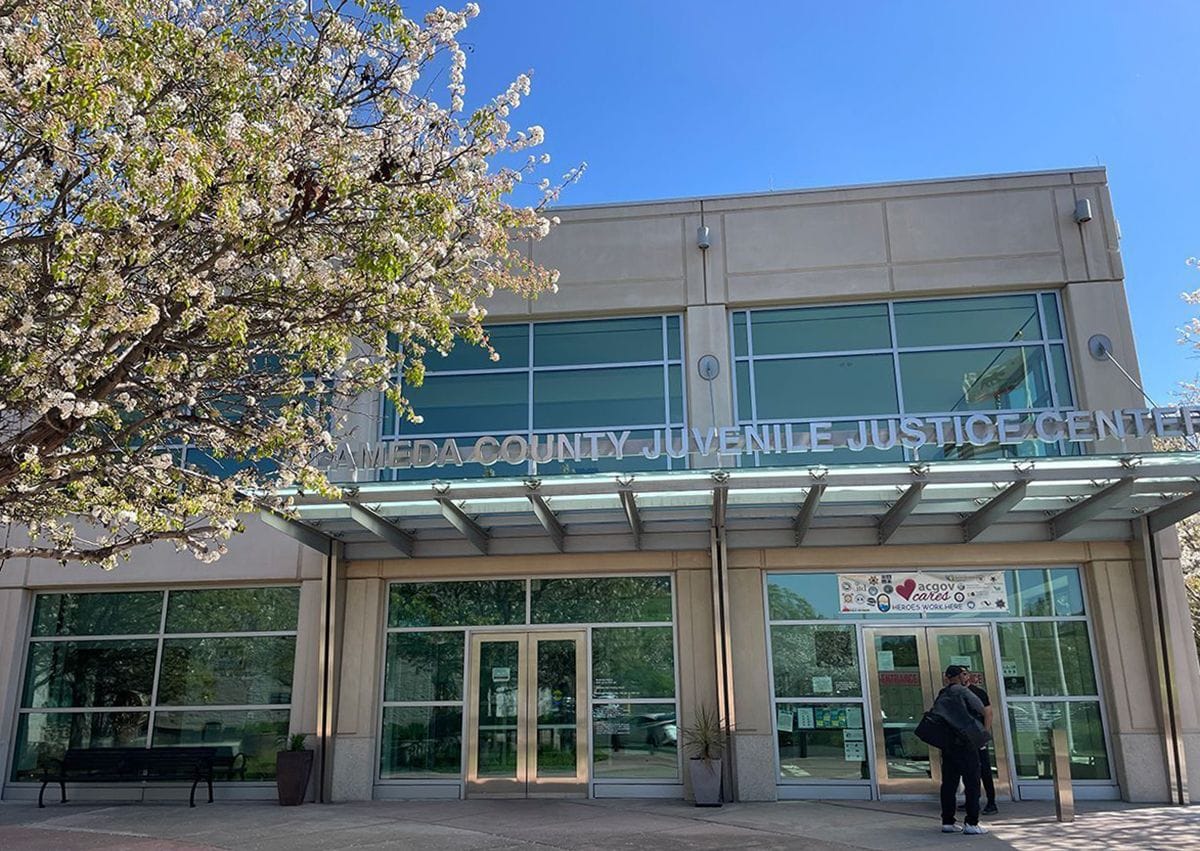
A convicted killer whose case was sent back to juvenile court due to changes in state law is now heading for a plea deal in adult court, attorneys said Tuesday.
The announcement was the latest twist in a process that has been full of them.
Lilron Jones — now 28 — was 17 years old when he murdered Jubrille Jordan in Oakland in 2012.
Jubrille, an innocent bystander, was killed by a stray bullet to the head. She was 15 years old.
Due to the serious nature of the charges, the case originally went straight to adult court when it was filed in 2014 under former Alameda County DA Nancy O'Malley.
In 2015, a jury convicted Lilron Jones of murder and other charges. He was sent to High Desert State Prison in Lassen County to serve a sentence of 114 years to life.
In 2018, Jones' conviction was upheld on appeal.
The same year, however, state law changed to require cases like his — juvenile cases that were filed in adult court — to be sent back to juvenile court for a post-conviction review to determine whether they should have gone to adult court in the first place.
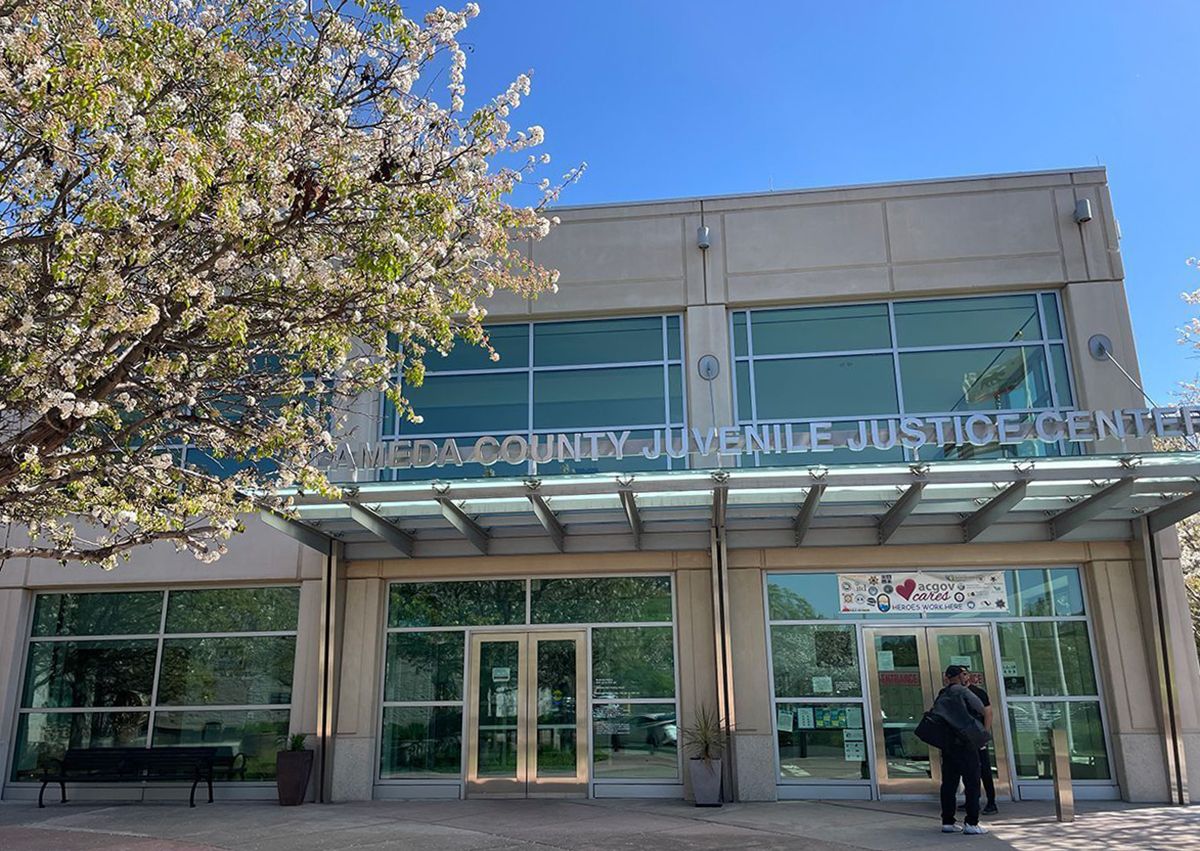
Last year, after Alameda County DA Pamela Price was elected, the prosecutor she put in charge of the case said the office wanted the matter to stay in juvenile court.
That position was in line with Price's policy directive that she would not transfer most juvenile cases to adult court.
Had that happened in the Jones case, however, attorneys familiar with the juvenile court process said Jones would then have walked free.
That's because the juvenile court system has no jurisdiction over defendants who are 25 and older.
Read more about Pamela Price on The Scanner.
Last year, Judge Scott Jackson told the attorneys that it would be up to him whether to transfer the case to adult court. He said they must hold a transfer hearing so he could make that ruling.
At the time, Jacq Wilson, the prosecutor Price put in charge of juvenile matters, said he would not put on a case.
"Is the district attorney just going to sit on its hands during the hearing?" the judge asked in September.
"We would submit," Wilson told him. "We would not make any argument."
That transfer hearing was scheduled for early February but it was canceled last month.
On Tuesday morning, attorneys on both sides told Jackson that they wanted to move the case to adult court for resolution, taking the transfer hearing off the table.
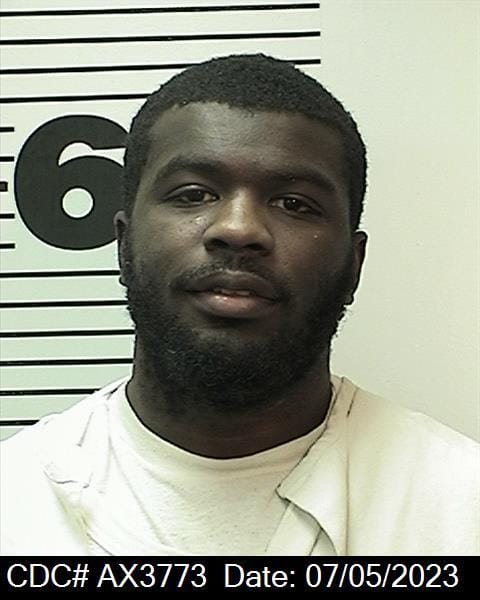
Lilron Jones. CDCR
The new "conditional transfer" agreement means that Jones will have the option of taking a new plea deal when he gets to adult court.
If he doesn't like the offer, which remains in the works, he can go back to juvenile court for further review, the attorneys said.
Jones' attorney, Greg Ward, said it was likely the first time in Alameda County that a case like the Jones matter would be moving from juvenile court to adult court through a conditional transfer.
He called it the "first time for everybody."
The case is now scheduled to appear before Judge Thomas Stevens at the René C. Davidson Courthouse in Oakland on March 5.
As of publication time, it was unclear whether the proposed plea deal would be announced at that time or set for a later date.
Two relatives of Jubrille Jordan, including her mother, Belinda McLaughlin, attended Tuesday's hearing via video conference. They made no remarks.
The Alameda County DA's office did not respond to a request for comment Tuesday afternoon.
The Jubrille Jordan murder
On Dec. 30, 2012, Jubrille Jordan was standing on the sidewalk outside a housing complex near the Oakland Coliseum "waiting with her sister, two friends, and a baby while another friend stopped to talk with two male friends," according to court papers.
That afternoon, two people opened fire on the group, killing Jubrille, who was an innocent bystander, and wounding a young man — the intended target of the shooting — in the foot.
Police found 20 spent casings at the scene.
According to court papers, the shooters were seeking retribution for the killing of a 15-year-old boy in the neighborhood earlier that year.
Jones and two men were ultimately sent to prison for Jubrille's murder as well as the attempted murder of the young man who survived.
Jones, then five months shy of 18, was the only one who was a minor at the time of the crime.
Although Jones was 17 at the time of the murder, his sentence was significantly longer than the other two defendants because he had a prior strike that doubled his time for the murder and attempted murder counts.
According to the California Department of Corrections and Rehabilitation, Jones will be eligible for parole in 2055.
Editor's Note: Most juvenile proceedings are confidential, but hearings that relate to the most serious crimes — see section 707 (b) of the Welfare And Institutions Code — are generally open to the public. That includes murder, robbery, assault with a firearm, rape and other serious violations.



